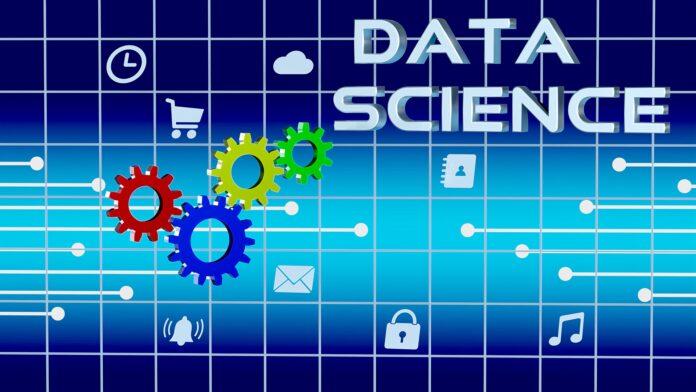Massive volumes of data are generated by smartphones, wearable technology, computers, and an ever-increasing number of Internet of Things devices. Data scientists, a relatively new profession, have emerged as critical roles for firms across sectors to use data for strategic thinking.
Because of the necessity for organizations to utilize data, being a data scientist is an appealing career option. You may be wondering why should I invest time and money in a master’s in data science when there are boot camps and ala carte programming possibilities available? However, if you want to have a successful career as a data scientist, you must carefully assess the actions you take to enhance your profession.
Dive deeper to understand why you should pursue masters in data science.
Benefits of pursuing masters in data science
1. Data science skills are in-demand
Data science necessitates a thorough understanding of programming languages such as Python and R, as well as approaches such as machine learning, data wrangling, and data visualization. A master’s degree with a curriculum established by experts will provide you a full education that will prepare you for future success by teaching you how to acquire, aggregate, and analyze various forms of data, discover patterns and trends within that data, and convey the results. These in-demand skills will be woven throughout the curriculum, with opportunities to use them to derive conclusions from real-world data sets.
2. Become more eligible
Earning an advanced degree is essential for preparing for the professional options accessible in the field of data science. To begin with, your employment rival will almost certainly have an advanced degree. According to KDnuggets, a website dedicated to data science professions and other issues, 88 percent of data scientists have a master’s degree and 46% have a doctorate.
3. High-paying job
In the field of data science, using schooling to better your position for career prospects should result in lucrative compensation. The good news is that pay is expected to rise in the future. According to SalaryExpert, the average data scientist income of $114,012 in December 2020 will rise by 10% to $125,790 in 2025.
4. Gain credibility
Learn from real-world projects. A data science master’s program should include this as a requirement. While learning programming languages and other fundamental skills are important, projects allow you to apply what you’ve learned to a real-world business situation.
5. Gain hands-on experience
Working on a research project, however, entails more than just professional expertise. You will be collaborating with projects that can have a significant influence on society. Data science may aid in the prediction of public health policy outcomes, contribute to smart cities and planning, develop customized care, and increase knowledge of clinical aspects that lead to health disparities and socio-environmental influences on public health.
Conclusion
As previously said, there are several compelling reasons to pursue a career in data science. It’s an enthralling field with a plethora of profitable and renowned prospects.
Furthermore, given the skills scarcity in this profession (combined with the high earning potential), it’s certainly worth exploring the advantages of getting your master’s in data science. You could find that a master’s degree opens up new opportunities for employment and better pay levels than you ever imagined.
Data science is a part of a computer science course. There are multiple options available online if you wish to explore more in computers.





